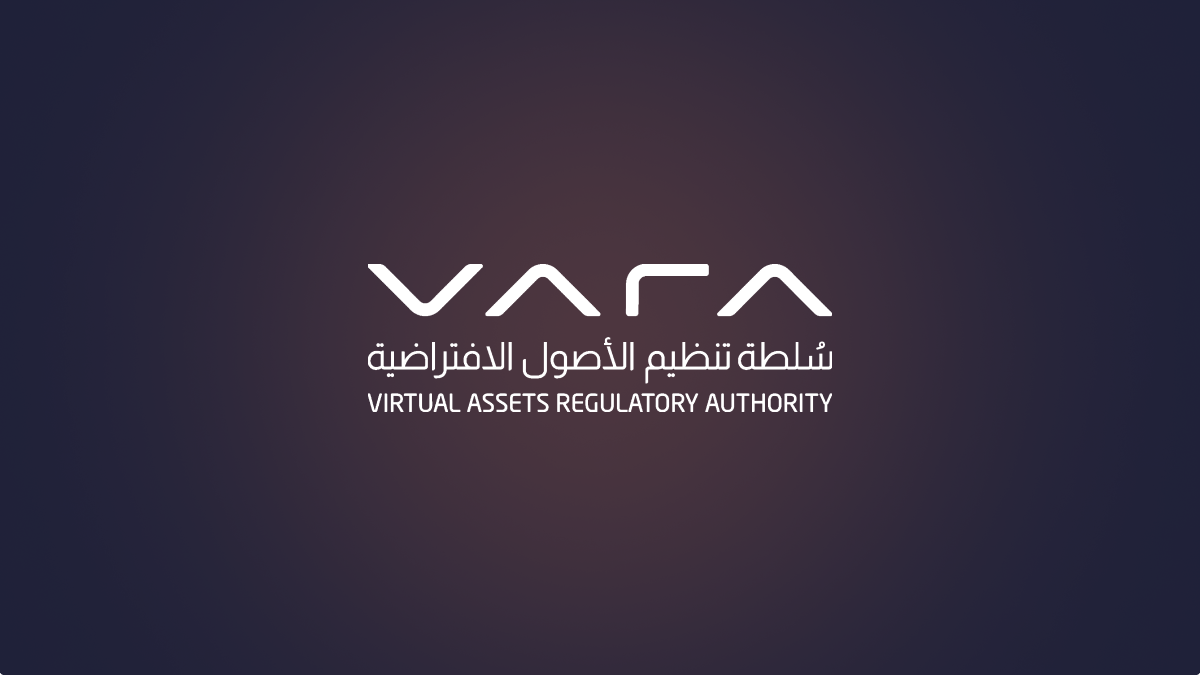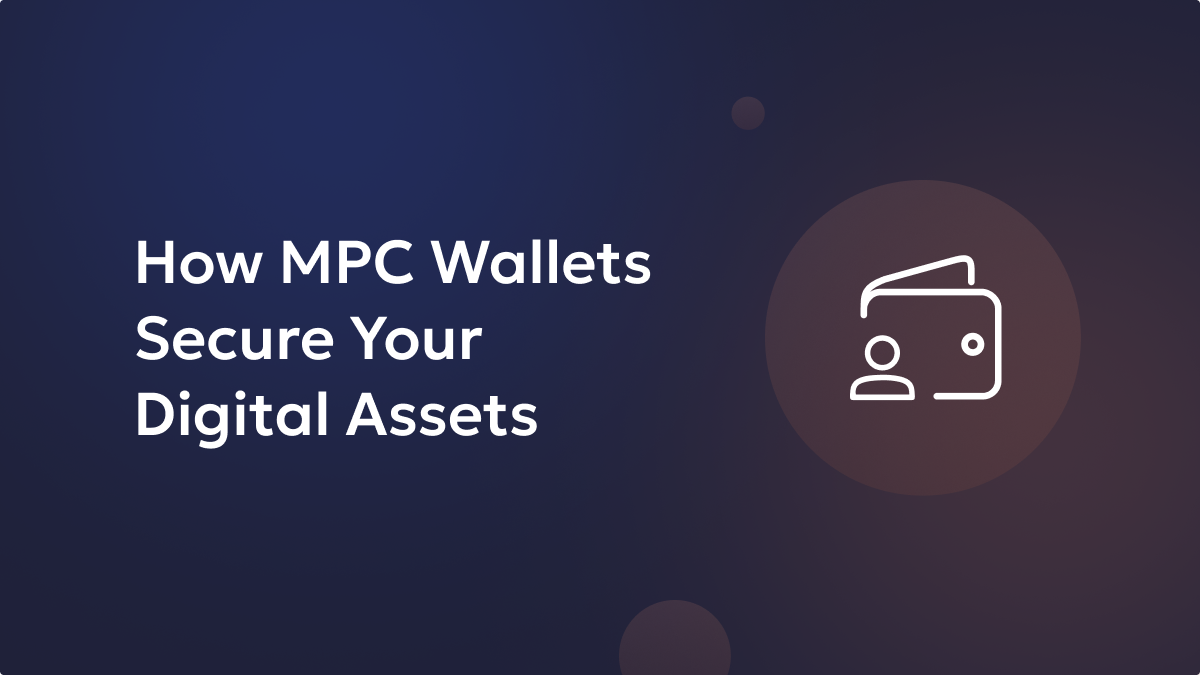The world of cryptocurrency is constantly evolving. New investment opportunities are emerging all the time. Crypto hedge funds are a growing trend within this exciting space. But what exactly are they, and how do they work? Here, we will break down the concept of crypto hedge funds in simple terms. We will explain their key features, advantages, and considerations.
Key Takeaways:
- Crypto hedge funds are investment vehicles similar to traditional hedge funds, but they focus on digital assets like Bitcoin and Ethereum.
- These funds use various strategies to generate returns for investors. They potentially offer higher returns but also carry greater risks.
- Crypto hedge funds offer benefits like professional management and access to a wider range of crypto assets. With crypto hedge funds, security and regulations remain evolving areas.
What Are Hedge Funds for Cryptocurrency?
Crypto hedge funds are investment funds that pool money from investors and trade various digital assets like cryptocurrencies and blockchain-based projects. They are similar to traditional hedge funds and aim to generate high returns for their investors by employing different investment strategies.
Unlock the potential of digital assets for your institution
How Do Hedge Fund Crypto Work?
Cryptocurrency hedge funds operate similarly to traditional ones. They allow investors to contribute to a managed investment pool. They invest funds in various blockchain projects, including equity, tokens, and OTC deals.
Investment strategies vary, but most focus on SAFT investments and secondary market purchases. Fund managers leverage their expertise to pick profitable investments and grow the fund’s net asset value.
Minimum investment amounts typically range from $100,000 to $1 million. Fees include a management fee, covering fund expenses, and a performance fee. This incentivizes managers to perform well.
The performance fee is charged based on returns exceeding the hurdle rate. It is the minimum rate of return required before performance fees are collected. Typical fees are 2% management and 20% performance, though they may vary based on fund performance and management style.
Secure and manage your digital assets with Liminal
Crypto Hedge Funds Operate Using a Variety of Strategies, Including:
- Trading: Buying and selling cryptocurrencies to profit from price fluctuations.
- Arbitrage: Exploiting price differences between different cryptocurrency exchanges to make quick profits.
- Lending: Loaning crypto assets to other institutions or investors for interest.
- Staking: Earning rewards for holding certain cryptocurrencies that support Proof-of-Stake validation.
- Venture Capital: Investing in early-stage blockchain startups with high growth potential.
Features Of Hedge Fund Crypto:
- Focus on Digital Assets: Crypto hedge funds primarily invest in cryptocurrencies, tokens, and other blockchain-based assets.
- Active Management: Fund managers actively trade and employ various strategies to generate returns. They do not operate like passively managed index funds.
- High Risk and Reward Potential: The crypto market is volatile. Thus, it offers the possibility of high returns but also carries a significant risk of loss.
- Accredited Investor Requirement: Due to their high-risk nature, investing in crypto hedge funds is often restricted to accredited investors.
Strategies and Asset Allocation in Crypto Hedge Funds:
Crypto hedge funds blend systematic algorithms and discretionary decision-making to optimize returns and manage risks. Thorough crypto market analysis guides strategic asset allocation, helping maximize returns and mitigate risks effectively. Funds are strategically allocated across diverse crypto assets and investment approaches for comprehensive portfolio management.
Institutional crypto investing influences market trends and liquidity, impacting strategies and reshaping the crypto landscape. Prominent financial players’ adoption of digital assets boosts market trends and liquidity, creating new opportunities for hedge fund strategies.
Hedge funds use systematic models for structured decision-making. Thus reducing emotional influences and ensuring consistency. Discretionary strategies rely on managers’ expertise for active decision-making and real-time adjustments based on market trends. While discretionary approaches offer adaptability, they are susceptible to emotional biases and human errors in the volatile crypto market.
Advantages and Disadvantages of Crypto Hedge Funds
-
Advantages of Crypto Hedge Funds
- Professional Management: Crypto hedge funds are managed by experienced professionals. They know ways to navigate the complex crypto market and potentially generate higher returns.
- Diversification: These funds offer exposure to a variety of crypto assets, potentially mitigating the risks associated with holding any single cryptocurrency.
- Access to Exclusive Opportunities: Crypto hedge funds may have access to private investment deals or emerging blockchain projects that are not readily available to individual investors.
2. Disadvantages of Crypto Hedge Funds
- High Fees: Crypto hedge funds typically charge high management fees and performance fees on top of investment costs.
- Volatility: The crypto market is known for its volatility, leading to potentially significant losses for investors.
- Regulation: The regulatory landscape surrounding cryptocurrencies is still evolving. This can pose uncertainties for investors.
- Limited Track Record: Many crypto hedge funds are relatively new, making assessing their long-term performance history difficult.
Understanding the Legal Issues of Crypto Hedge Fund Regulation
Regulation in the U.S. occurs at two levels:
- Issuer
- Adviser.
At the issuer level, the SEC and individual states regulate investments by U.S. investors. At the adviser level, managers are regulated by the SEC or CFTC based on the asset classification.
Digital asset hedge funds have a similar structure to traditional funds, and regulation is based on investor domicile. However, digital asset funds are considered private securities offerings and are exempt from registration under certain conditions.
Private crypto hedge fund managers are regulated under the Investment Advisers Act and the Commodity Exchange Commission Act. Registration obligates funds to report, maintain records, and undergo SEC audits.
Compliance with the trusteeship rule is a challenge for funds trading liquid digital tokens. Even funds trading minimal securities must comply with investment adviser registration requirements.
Security & Regulatory Considerations for Crypto Hedge Funds
Security is a major concern when investing in any cryptocurrency-related product. Here are some factors to consider:
- Reputational history of the fund and its managers.
- Security measures are in place to protect investor assets.
- Transparency in reporting and investment strategies.
Regulations governing cryptocurrencies are still under development globally. Investors should be aware of potential regulatory changes that could impact crypto hedge funds.
Conclusion
Crypto hedge funds offer a way for investors to participate in the growing world of digital assets. However, it’s crucial to understand the risks involved. Considering factors like fees, security, and regulations is important before investing. For those seeking professional management and potentially high returns, crypto hedge funds could be a viable option. But, you should opt for one only after thorough research and a risk tolerance assessment. Remember, responsible investing starts with knowledge and a clear understanding of the potential rewards and risks.






